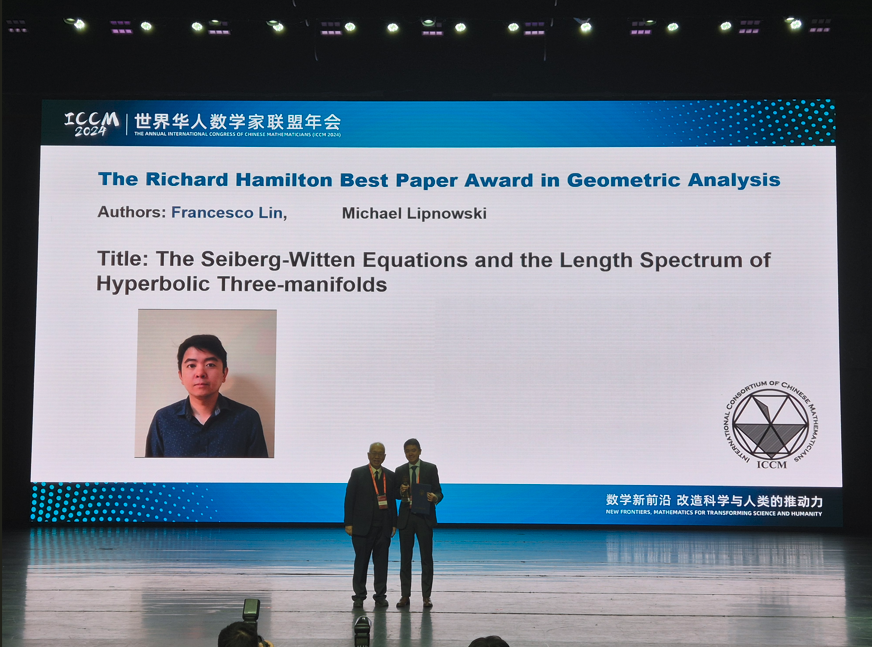Added on January 30, 2025 by
Administrative CoordinatorStarting Tues. Jan 21st, the Spring 2025 Minerva Foundation Lectures
will take place on Tuesdays at 4:10 p.m. in room 507.
[Jan. 21 – March 14, 2025]
Professor Rama Cont (Oxford), will deliver a series of lectures titled Rough Calculus.
Lecture Series Info Sheet
Flyer
The Ito calculus may be viewed as an extension of the Newton-Leibniz calculus to
smooth functions of paths with non-zero quadratic variation. This analytical
viewpoint is exploited to develop a calculus for smooth function(al)s of irregular
paths with non-zero p-th variation for arbitrary p>1. Although this “rough
calculus” is strictly pathwise in nature and does not involve any probabilistic
ingredient, it is applicable to stochastic processes with irregular paths.
We illustrate the concepts and results of this theory in the setting of the Ito-
Föllmer calculus for smooth function(al)s of paths with finite quadratic variation.
We will then show how these results may be extended to the more general setting
of smooth functionals of paths with non-zero p-th variation for arbitrary p>1,
leading to a higher order Ito-type calculus. Finally, we will sketch some examples of
applications to transport equations, optimal control and rough dynamics on
manifolds.
I. Ito calculus without probability
II. Ito-Föllmer calculus for functionals of paths with finite quadratic variation.
Pathwise isometry and rough-smooth decompositions.
III. Rough calculus for function(al)s of path with finite p-th variation.
IV. The case of paths with fractional regularity (*)
V. Transport of measures along rough trajectories.
VI. Rough dynamics on manifolds
*: if time permits
Meeting on Tuesdays at 4:10 p.m.
Room 507, Mathematics Hall
2990 Broadway (117th Street)
 Print this page
Print this page